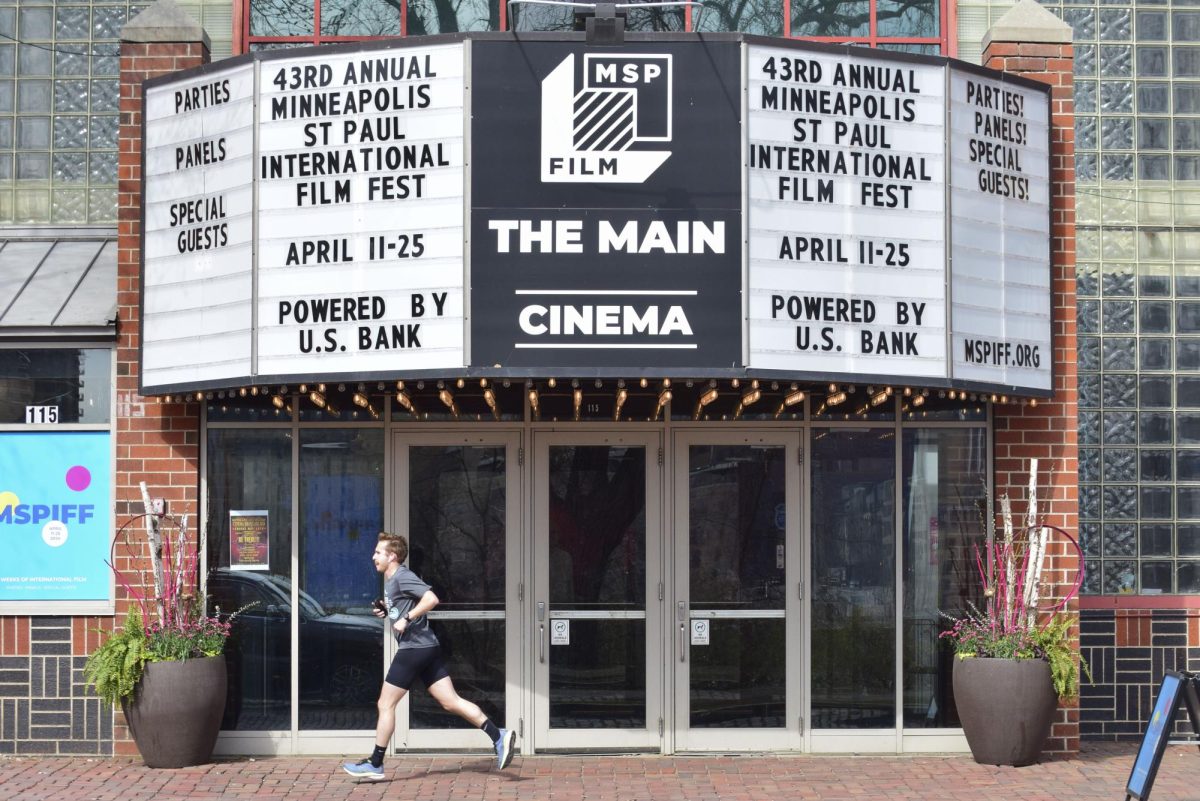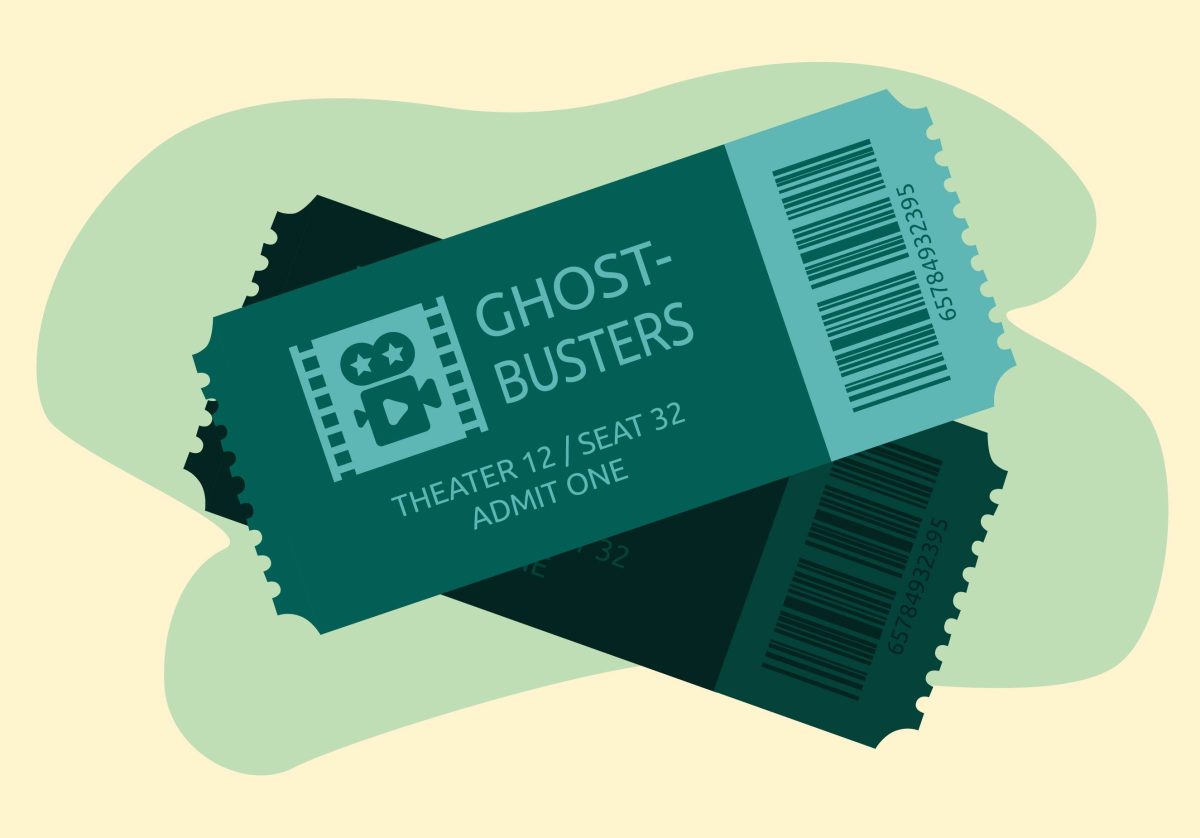Anyone who tells you Woody Allen’s thrillers are better films than Woody Allen’s comedies is lying, to you and also to themselves. Don’t trust them. “Manhattan” is better than “Match Point,” and even the early, too-clever-for-its-own-good “Take the Money and Run” is better than his latest film, “Cassandra’s Dream.” I haven’t seen “Crimes and Misdemeanors” and I hear it’s his best in the genre, but in response to that, one only needs to mention Diane Keaton and let the laurels brush off their already immaculate shoulders.
DIRECTED BY: Woody Allen
STARRING: Ewan McGregor, Colin Farrell, Hayley Atwell
RATED: PG-13
PLAYING AT: Lagoon Theater, 1320 Lagoon Ave., Minneapolis, (612) 825-6006
Of course, you probably spoke first (leaving your enthusiasm vulnerable to a rebuttal you don’t deserve) and told this hypothetical anyone that “Annie Hall” is one of your favorite movies of all time. Now, out of some incomprehensible duty to demonstrate their eclectic taste (and disapprove of yours), this person is in the middle of deconstructing the ingenious subtlety with which Woody Allen casts Scarlett Johansson as little more than a dispensable narrative element to wrench up the guilt in “Match Point.”
“Yes, dispensable,” they say, waving their hand in front of your face, “but only ostensibly.” In fact, the way Woody treats his “ostensibly dispensable” women is exactly what makes his comedies better films than his thrillers, a point we’ll get to by article’s end. For now, let’s focus on Woody Allen’s guilt, which the stuttering intellectual has in droves (mostly of the “white liberal” variety).
This hypothetical anyone might continue their ridiculous affront thus: “Woody uses the prototypical young blonde bombshell like scratch paper at a screening of ‘An Inconvenient Truth.’ And it’s brilliant, because once that piece of scratch paper is tossed into the trash, the audience feels the same guilt as the philandering, possibly psychotic, at the very least psychologically taxed male.” (This guilt-ridden male is Jonathan Rhys Meyers’ character in “Match Point,” Colin Farrell in “Cassandra’s Dream” and Woody Allen writ large.)
They tell you this is a guy whose Darwinian campaign to advance in life exceeds his capacity to negotiate the moral and ethical crises that accompany certain lines on life’s successful palm, as if the complex relationship between man’s body and intellect makes for a better movie.
In “Match Point,” Meyers marries into upper-middle class London, soaks up its luxuries for a time, and then kills to stay there. “Cassandra’s Dream” tells a similar story of keeping up with one’s demonic Joneses, and that drive again leads to murder. The problem is success and failure are too easily influenced by chance, and for Woody Allen, chance tends to sneak into life like a wretched little monster, most likely a troll, who guards the bridge at the passage between the forbidden forest and the sacred kingdom, and who has done so for time immemorial.
In Allen’s thrillers, you don’t pass into the kingdom by answering three questions and besting the magical troll. You get there by killing the magical troll, and no matter how carnal that might seem, killing a magical troll is a heavy philosophical and metaphysical undertaking.
It’s all rather bleak, and it’s dictated by the indiscriminate hand of chance (which is dictated by Woody Allen’s heavy-handed literature), and it’s this same existential conundrum that bogs down “Cassandra’s Dream.”
In “Cassandra’s Dream,” Colin Farrell and Ewan McGregor play a pair of London’s finest working-class brothers, whose prosperous uncle, played by Tom Wilkinson, asks them to off one of his accountants who could potentially expose “Kind Old Uncle’s” crooked books. The brothers’ plight isn’t so much a matter of stumbling into a stroke of bad luck as it is having luck stumble over them, and then hitting reverse and stumbling over them again, ad infinitum. Farrell is a gambler and a far cry from Danny Ocean, and McGregor is something of a venture capitalist who has his eyes set on hotels in California, but no pocket to dip his hands into (so again, no Danny Ocean).
In his comedies, the best of which is “Annie Hall,” all of this philosophical seriousness is laced with an addictive additive tucked into the rhetorical pockets of just about everyone trolling the streets: Irony. Even if it might feel overdone today, this detached humor is the best fit for Woody’s improbable scripts. In the comedies, we’re never expected to take these philosophical exercises seriously, and by extension we don’t have to feel embarrassed by the fact that the legendary writer/director might actually be taking these philosophical exercises seriously.
And in the middle of all of this man-eat-man highfalutin egotism are women. And that returns us to Scarlett Johansson’s “ostensibly dispensable” blonde locks.
In that hypothetical person’s impromptu lecture notes, Johansson ultimately leads to guilt because nobody, in any movie, really cares about Scarlett Johansson, with the notable exception of Bill Murray during a brief stay in Japan in 2003, but that was something Freudian between Johansson, Murray, and Sofia and Francis Ford Coppola.
She (Johansson) is smarmy; she’s seductive; and she always talks as if she’s just chained down an entire pack of menthols while lying next to you in bed and being confused by life. Really, she’s just a bad actress who looks like a fuzzy memory of Marilyn Monroe.
Yet even though Johansson seems dispensable, the truth is she’s Woody Allen’s MasterCard. She’s priceless, as are all of Woody Allen’s women, both in the thrillers and in the comedies.
Bad things happen to women in Woody Allen’s films. In “Match Point” Scarlett Johansson is murdered, and in “Annie Hall” Diane Keaton is romantically unfulfilled (granted, these aren’t weighted evenly). The difference between the comedies and the thrillers is elementary: he (and we) genuinely cares about the women in the former; and he (and we) kills them in the latter. A subject to contemplate on the one hand, object to kill on the other.
“But no woman dies in ‘Cassandra’s Dream,’ ” says the hypothetical anyone arguing in favor of the thrillers.
Maybe not. But “Cassandra’s Dream” is the name of a dog that Colin Farrell makes a winning bet on at the racetracks, and that dog is the inspiration for naming the boat the brothers buy in the film’s first scene. The name is a metaphor for luck (or fortune, or chance), both bad and good, and by the end of “Cassandra’s Dream,” the boat is neglected to the point of being forgotten.
Thus another woman is given a serious treatment as a (metaphorical) object, and all you want to do is scoff: “Woody, you can’t be serious.”
And that is why his thrillers don’t stand a chance.














